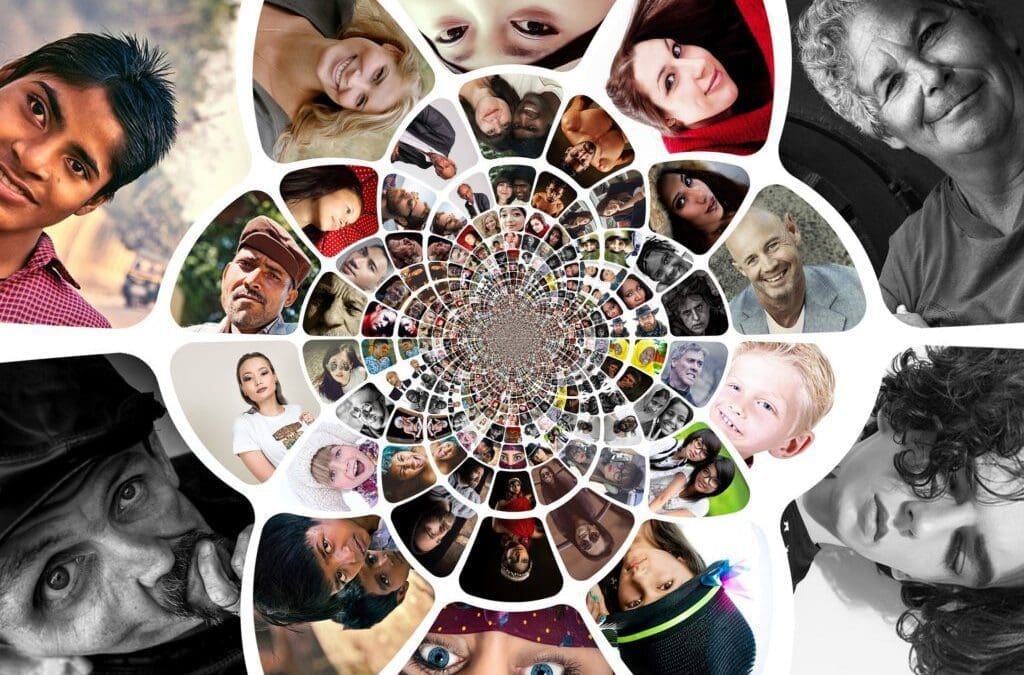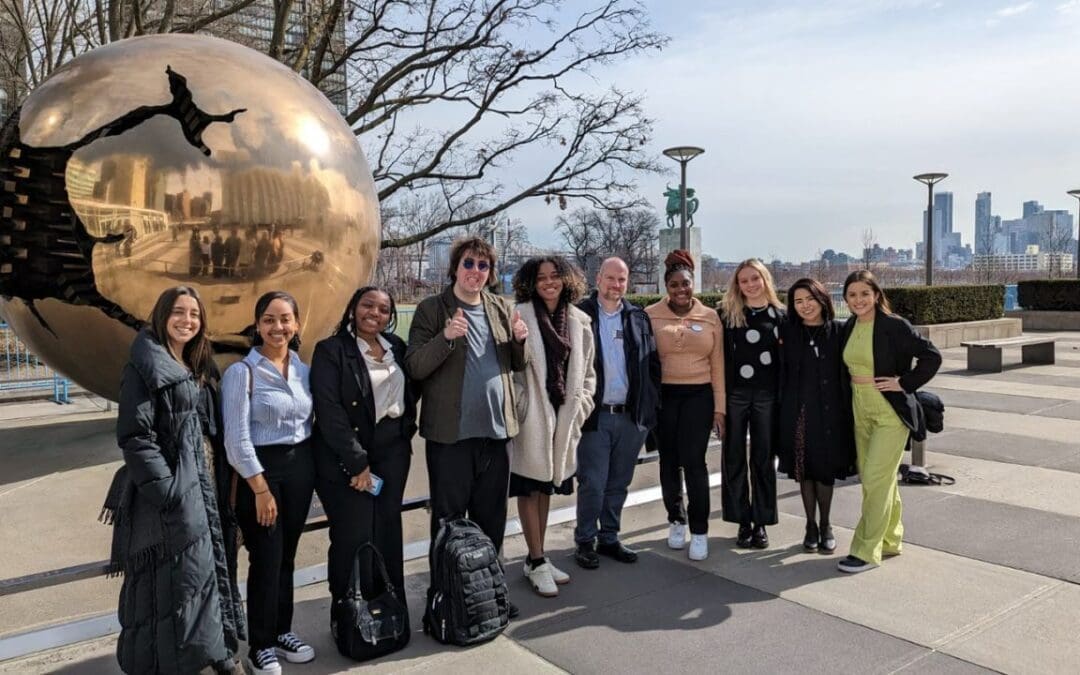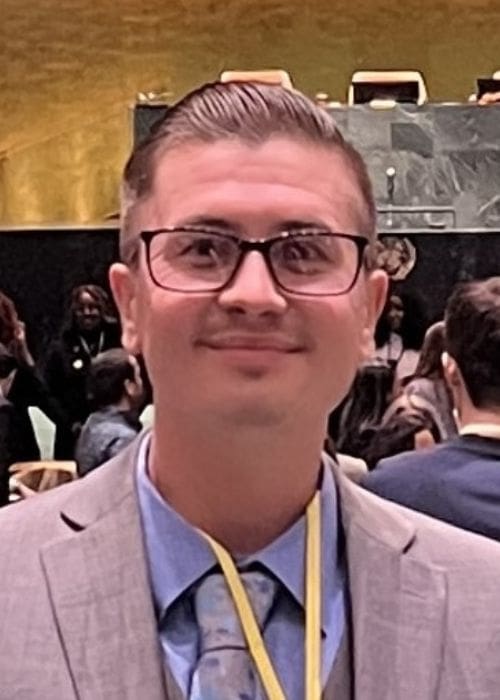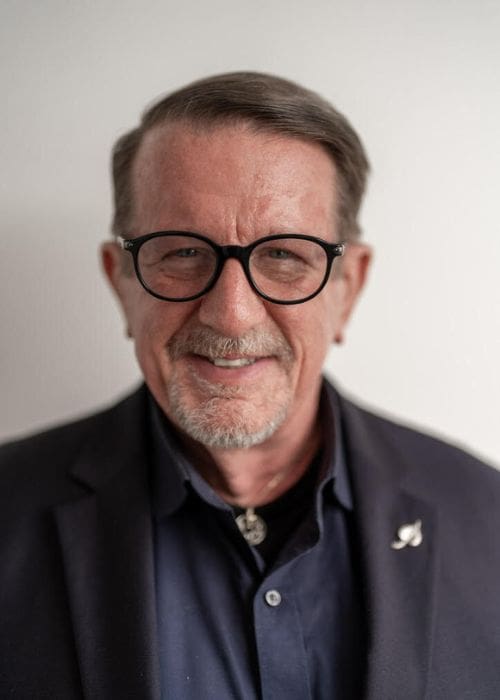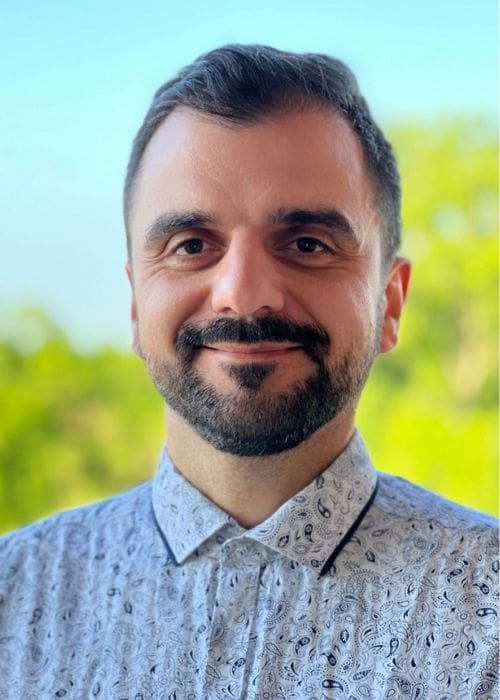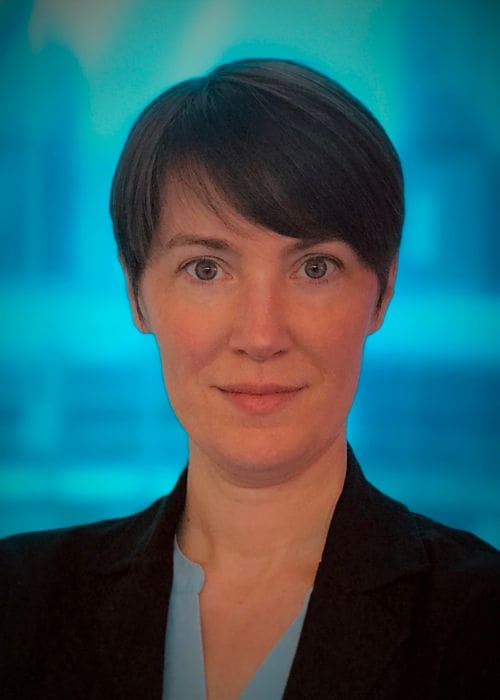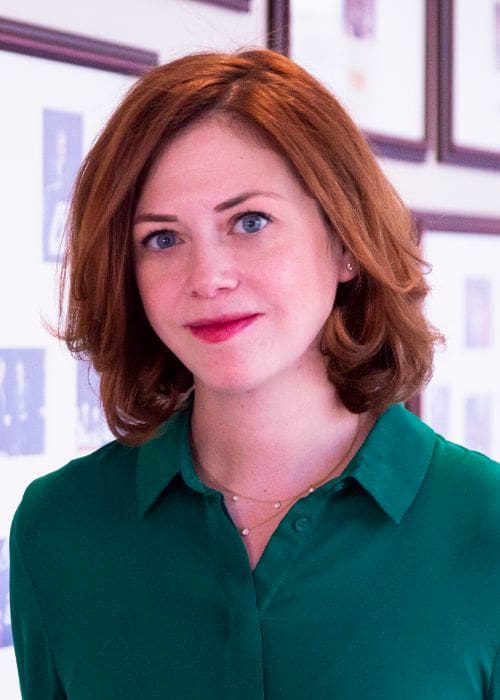
The Time Has Come To Build A Viable Global System Of Collective Security
Lessons Repeat Themselves Until Learned
One of the inescapable features of human existence is that lessons we fail to learn repeat themselves over and over, usually with increasing ferocity until the lesson is learned. This principle applies not only to our individual lives, but to humanity’s collective life as well. One of these global lessons that has been repeating itself with ever-increasing intensity is that localized or regional conflicts have global repercussions.
A good example is the war in Syria, which spawned a number of crises that impacted countries far beyond its border. One of them was the refugee crisis, which affected not only Syria’s immediate Middle Eastern neighbors like Lebanon, Jordan, and Turkey but had far-reaching effects in Europe as well. The wave of refugees washing up on Europe’s shores was a driving force in the rise of right-wing governments in several countries. It was also one of the factors that precipitated Brexit, as the United Kingdom frantically attempted to take control of its own destiny and limit the flow of unwanted refugees to its shores.
The Syrian conflict also created fertile conditions in Syria and Iraq that allowed ISIS to flourish and carry out brutal acts that impacted the citizens of many nations near and far. In addition, the civil war in Syria resulted in the creation of what some of the media referred to as a “proto world war,” as countries arrayed themselves on opposing sides of a widening conflict.
We Missed the Opportunity to Learn from the War in Syria
Unfortunately, the international community failed to grasp the opportunity arising from the conflict in Syria to devise a global mechanism to end the Syrian conflict. It is therefore no surprise that one of the most pressing conflicts of the day, Russia’s war against Ukraine, has left our global leaders paralyzed, dithering, taking half-measures and seemingly unable to take the kind of decisive and effective action that would have nipped it in the bud before it festered into the global morass it is today.
The War in Ukraine Has Triggered Several Global Crises
This latest regional conflict has been having its own world-encircling impact: indeed, it has been responsible for triggering several global crises. They include a global food crisis that has resulted in food shortages and the rise in the price of bread, a staple food which so many, especially in the poorest nations, rely on for survival. The Ukraine conflict has also sparked a global energy crisis as the flow of natural gas from Russia, on which many countries have relied, has significantly diminished. The result has been a spike in the price of energy across the world, including the richer nations of Europe. In the U.K. alone, the cost of heating homes has risen dramatically, causing much economic pain. As though this were not enough, the war has contributed to the rise of stubborn inflation worldwide which is having a significant and deleterious impact on the global economy. Some, including the World Bank, fear that we will soon find ourselves in a global recession.
To add to all these global crises, the nations of the world are dividing themselves into two opposing camps with the United States, Europe, Japan, South Korea, Australia and New Zealand arrayed on one side and Russia, China, Iran, North Korea, and possibly India on the other. This level of global polarization constitutes a threat to global peace and security. In the past, it has led to world wars, a consequence we want to avoid at all costs. The threat is exacerbated by the increasing worry that nuclear weapons may be used either accidentally or deliberately by one of these nations in a moment of heated miscalculation, triggering a nuclear war, which, even if limited geographically, would have disastrous consequences for humanity.
It’s Time to Revisit President Wilson’s 14 Points and the Atlantic Charter
The ever-increasing cascade of crises points to the imperative need for the international community to devise a viable global system of collective security that is capable of ensuring international peace. It is time for the world to revisit and finally implement two principles proposed by two American presidents in the early and middle parts of the twentieth century.
The first is the principle that was proposed by President Woodrow Wilson in 1918 as part of his 14 Point program which called for limiting the number of arms each nation can possess to the smallest amount consistent with domestic safety. Alas, the world failed to implement this recommendation when it created the League of Nations in the aftermath of the First World War. It failed to do so at its peril and suffered another devastating world war. The world then missed another opportunity to implement President Wilson’s recommendation when the United Nations was created after the Second World War.
The second principle that the world should seriously revisit and implement is set out in Article 8 of the Atlantic Charter, drawn up by U.S. President Franklin D. Roosevelt and U.K. Prime Minister Winston Churchill in August 1941. This principle called for nations to abandon the use of force “for realistic as well as spiritual reasons.” It, too, was never implemented.
The Key to Peace is Creating a Global System of Collective Security
Given the recent horrors humanity has experienced as a result of the conflicts in Syria and Ukraine (and in many other nations, including Yemen, Ethiopia, Myanmar, and Sudan), the international community may finally be ready to build a global system of collective security that is firmly grounded in these two foundational principles.

